The bar bet that may have won America’s independence
- By Military.com
Share This Article
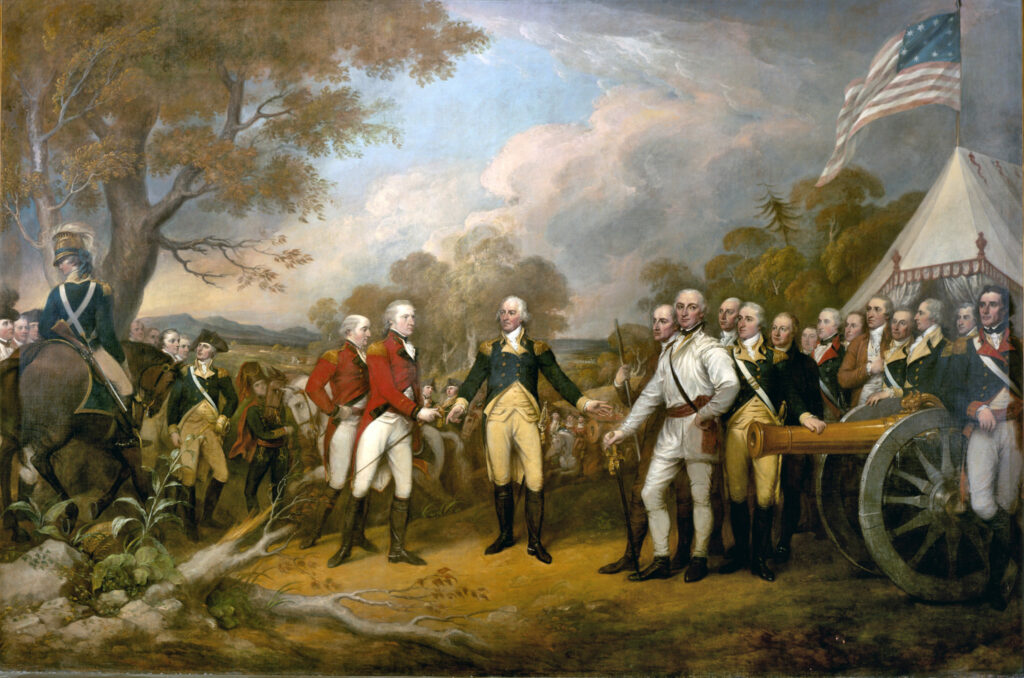
Read the original article on Military.com. Follow Military.com on Twitter.
Two men walked into a bar. Specifically, it was Brooke’s, a gentleman’s club on St. James’ Street in London. The two were prominent English gentlemen who probably should have been at home with their families — it was Christmas Day 1776.
Instead, they were there to share drinks and make a wager. One of the men was Charles Fox, a former (and future) member of Parliament who was bullish about the Americans’ chances of gaining their independence. The other was Gen. “Gentleman” John Burgoyne, who was not.
Not only was Burgoyne certain the Americans would not be successful, Burgoyne was determined that he was going to defeat them himself, if necessary.
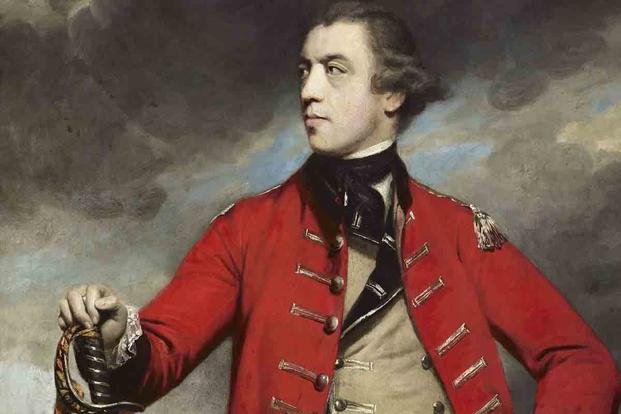
Brooke’s was famous for its betting book, where English gentlemen would make wagers and place them with the bar, where nothing was off the table. For example, one patron, George James Cholmondeley, 1st Marquess of Cholmondeley, bet the 12th Earl of Derby, Lord Edward Stanley, 500 guineas that he would make love to a woman in a balloon 1,000 yards above the Earth.
The wager between Fox and Burgoyne had less to do with joining the mile-high club and more to do with the unruly American colonists. Many of Brooke’s patrons made bets on the potential war and its outcome; that was nothing new. Fox alone made numerous wagers with many fellow club members that the colonies no longer would belong to the king. He’d lost money on the exact timing of the event on a handful of occasions, but he was sure of the outcome.
For Gen. Burgoyne, the bet was different because he might be the one to make or break any potential revolution. He had just returned from Quebec, where he ended the American siege of the city by Benedict Arnold and followed their retreat up Lake Champlain. He was determined he could perform better than Sir Guy Carleton, the governor of Quebec.
So the two gentlemen made their wager. Burgoyne bet Fox 50 guineas that he would return by the next Christmas having subdued the colonies, who still would be loyal to King George. Burgoyne pushed for command of the troops from the Crown, who gave it to him.
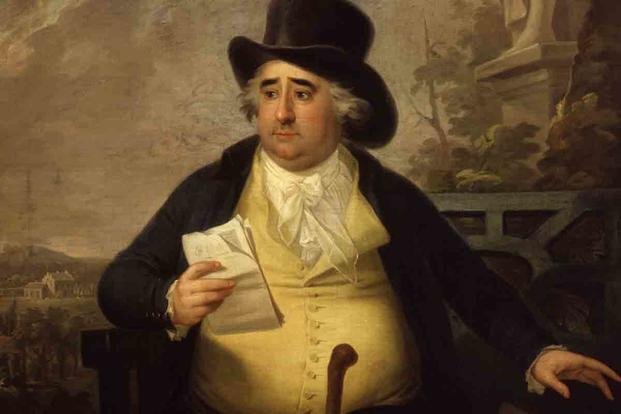
Burgoyne returned to Quebec City in the spring of 1777, and within six weeks, he was marching into New York at the head of 7,500 regulars, 400 Indians and 100 loyalists, a force he believed to be overwhelming. His expedition was doomed from the start, which was a reflection of the overconfidence he displayed in his bet with Fox.
His transportation leaving Quebec was inadequate from the start, he proposed using nearly impassable trails as opposed to roads and he was ill-supplied for the number of men and the 2,000 noncombatants who were following the army. Then, there was the matter of the overall grand scheme, which involved linking up with British forces under Gens. William Howe and Henry Clinton, neither of which would materialize.
Due to poorly worded orders, Howe instead invaded Pennsylvania, determined to capture the rebel city of Philadelphia. Clinton would not make it to Burgoyne’s aid in time.
But Burgoyne saw immediate successes at Fort Ticonderoga but was soon low on supplies, as the Americans had started a scorched-earth campaign, destroying anything of value in their retreat. He sent a raiding party to Bennington, Vermont, but it was turned away by the Americans. The British lost 1,000 men in the raids, and the native allies deserted.

Low on morale and food and inciting the locals to arms with his presence, he cut off communications with the north and crossed the Hudson River and moved to Saratoga, New York, where an American army under Gens. Horatio Gates and Arnold were gathering.
The resulting series of battles saw early British success, but it cost them. Burgoyne pushed his demoralized army into one more attack, but the British soon were pushed back to Saratoga, where the Americans surrounded his army and forced its surrender.
Burgoyne was taken prisoner but paroled on the condition that he not return to North America. So he was back at Brooke’s by the following Christmas to pay Fox his 50 guineas.
As for the Americans, the victory at Saratoga was just what they needed to prove to France that they actually could win the war. The French recognized the United States shortly after, entering the war and providing French soldiers, money, arms, supplies and ships as well as fighting the British elsewhere around the world.
— By Blake Stilwell
Feature photo: Wikimedia Commons
Related Posts
Sandboxx News Merch
-

‘Sandboxx News’ Dad Hat
$27.00 Select options This product has multiple variants. The options may be chosen on the product page -

‘AirPower’ Golf Rope Hat
$31.00 Select options This product has multiple variants. The options may be chosen on the product page -

‘Kinetic Diplomacy’ Bumper Sticker (White)
$8.00 Add to cart
Military.com
Related to: Military History
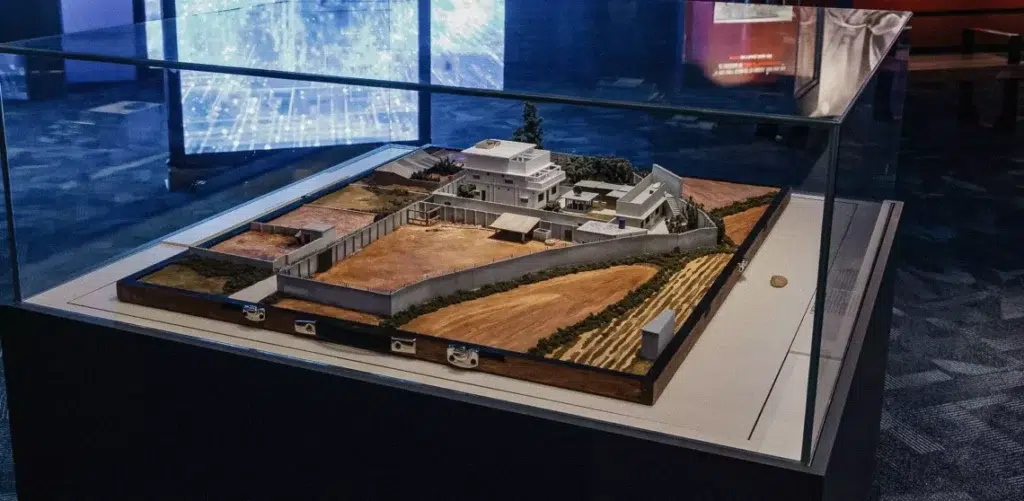
The CIA used miniature models to meticulously plan high-stakes operations
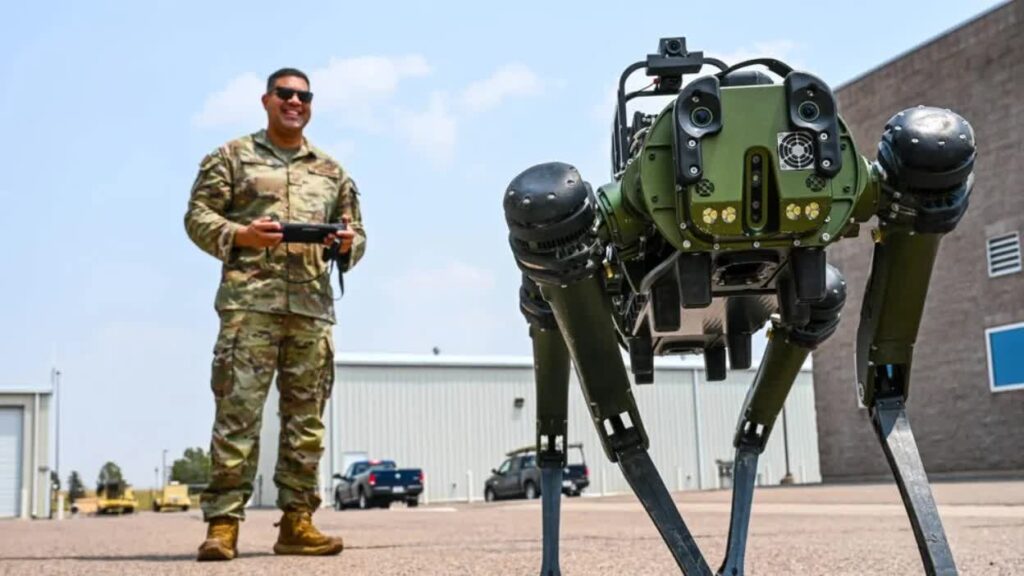
Meet CHAPPIE, the Space Force’s robot that can sniff nuclear material
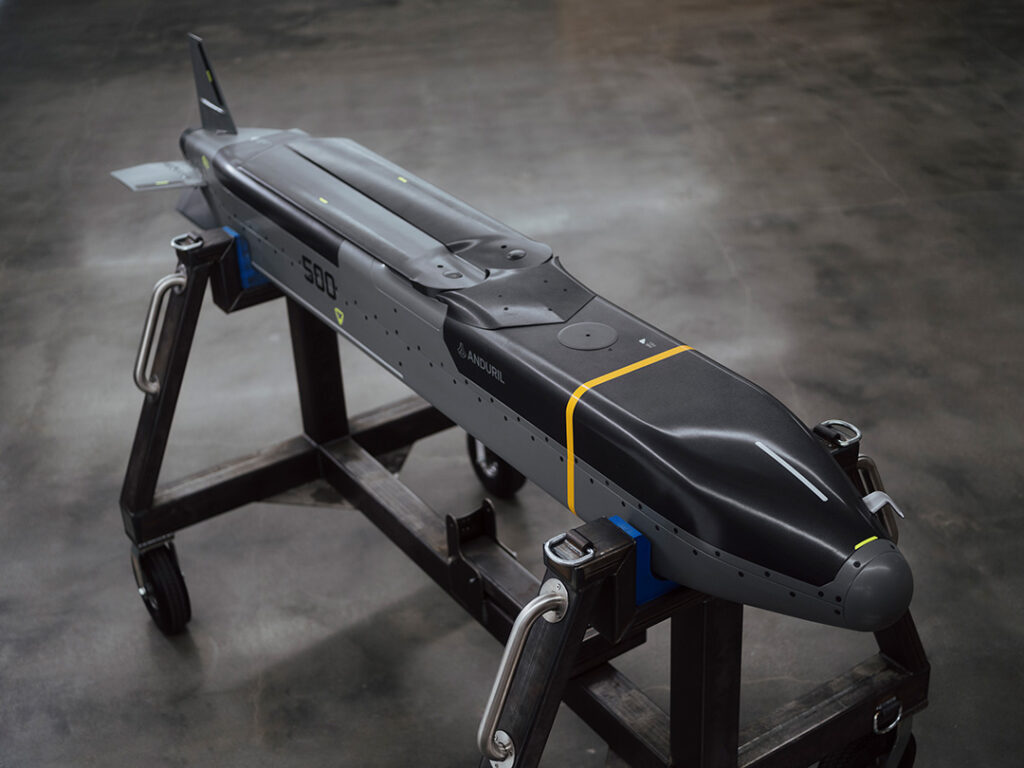
Video: The Barracuda cruise missile is like a Hellfire on steroids
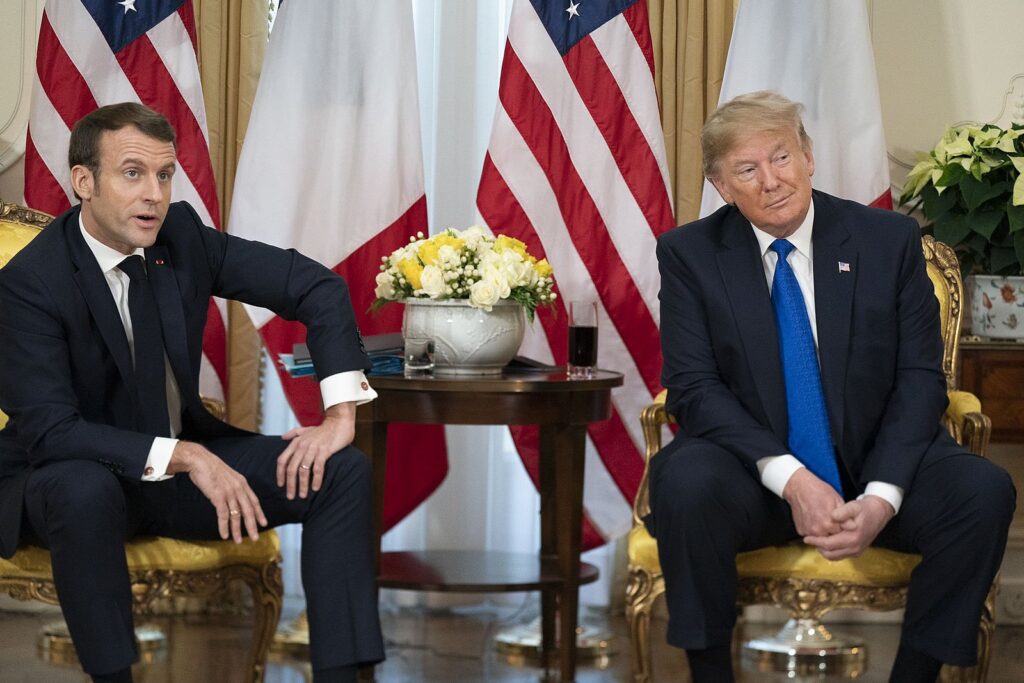
Top 3 foreign policy questions for the new Trump administration
Sandboxx News
-

‘Sandboxx News’ Trucker Cap
$27.00 Select options This product has multiple variants. The options may be chosen on the product page -

‘AirPower’ Classic Hoodie
$46.00 – $48.00 Select options This product has multiple variants. The options may be chosen on the product page -

‘AirPower’ Golf Rope Hat
$31.00 Select options This product has multiple variants. The options may be chosen on the product page -

‘Sandboxx News’ Dad Hat
$27.00 Select options This product has multiple variants. The options may be chosen on the product page
